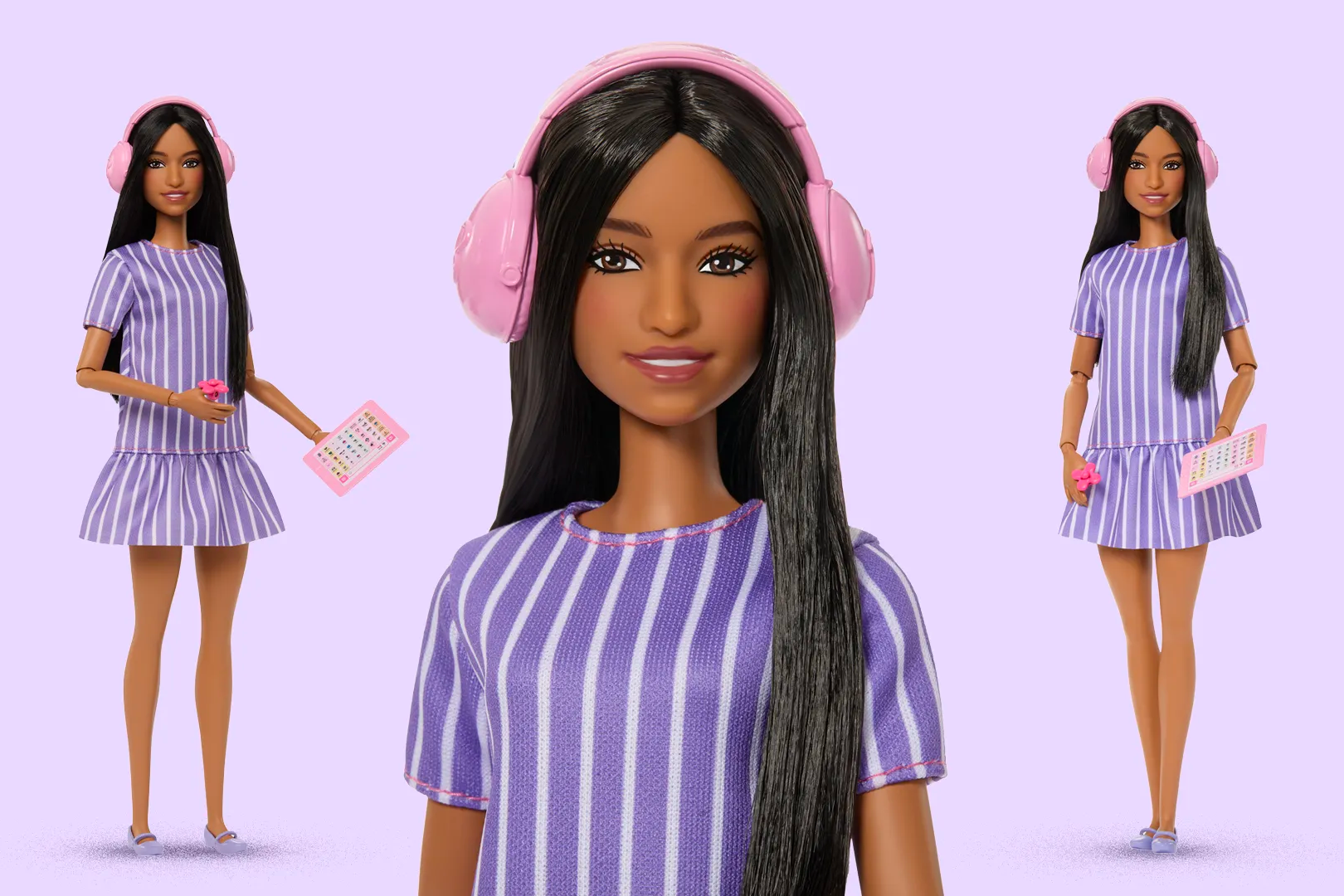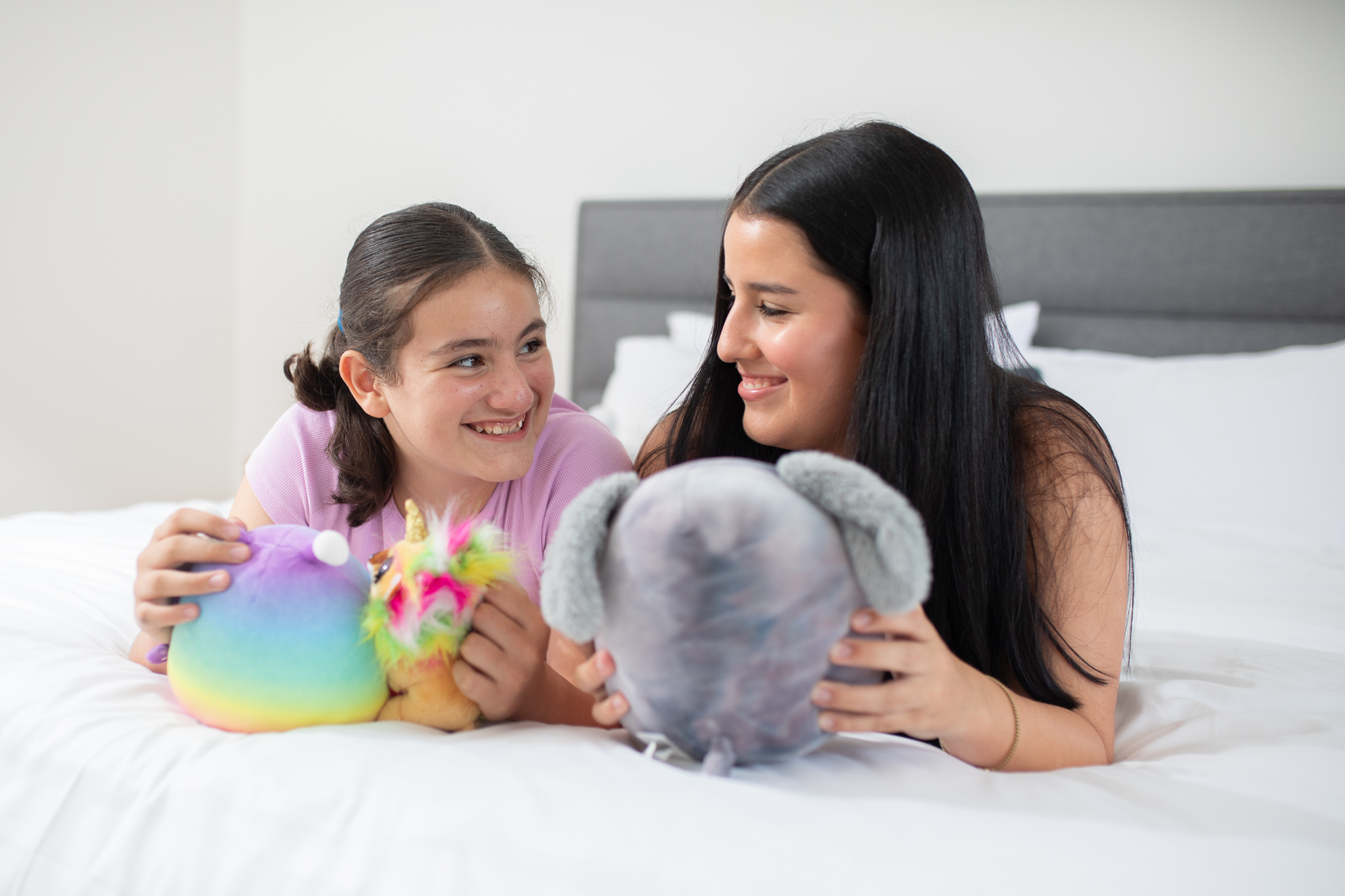Autie, Autie, Autie: Oi Oi Oi!

Conversations regarding the meaning and values of citizenship were harder to avoid than carbon dioxide during 2017 with federal politicians of all stripes affirming the authenticity of their Australianness.
But with the High Court working overtime to get their claims sorted by Christmas, most holiday barbeque conversations have returned reassuringly to cricket, diets and the hot weather leaving reflections on citizenship until the next suspected breach of 18(c) of the Constitution.
Leaving aside Ancestry.com definitions of who may be eligible to serve in Federal Parliament, the values and meaning of our national identity remain open to further inquiry without reference to burkas or boats when we discuss the dreams and aspirations of Australians experiencing a disability. My connection with people experiencing a disability commenced in the late 1990’s when my first child was diagnosed with autism. The intervening years have served as an intensive apprenticeship in embracing difference and a comprehensive distraction from my academic work in film music and creative technologies. I left academic teaching in 2001 and spent the following ten years earning my keep as a home parent and learning more about autism.
The social and emotional wellbeing of a young person with autism, like all members of the broader community, has at its core a sense of community, belonging, safety and connectedness. ‘Equality of opportunity for all’ is listed as a core value in the Commonwealth publication ‘Australian Citizenship: Your Right, Your Responsibility”, (Australian Government, 2014) yet participation in this promise of full citizenship, and the implied equality and opportunity, is an undiscovered country for many neurodiverse young people in Australia. And with the key social determinants of health, as outlined by the Australian Institute of Health and Welfare (2016), including social exclusion, social capital and employment and work it seems that young people with autism are faced with considerable difficulty accessing the healthy environments they need to thrive.
One of the six priority areas listed for action in the Federal Government’s 2010-2020 National Disability Strategy (Commonwealth of Australia, 2011) is the transition from education to employment and life-long learning; yet where are the programs? Where are the public health, employment and education initiatives to support young people with autism to realise their potential? There are a range of government and commercial programs and pathways to support neurotypical teens with their transition from school to training, employment, further study and the promise of full citizenship and ‘equality of opportunity for all’.
For parents of a child on the autism spectrum, the early childhood and schooling years are a whirlwind of coordinating therapies, interventions and structured supports, combined with countless hours of networking, research and often grief. When most neurotypical kids finish school they commence their transition to parties, study, apprenticeships, skate parks, peer groups, part-time jobs, shopping malls and adult lives. But when a young person on the autism spectrum completes their schooling, their transition to claim the full complement of modern adult citizenship can grind to an agonising halt due to the impenetrable wall of social complexity that is modern adult life.
The absence of programs for autistic young people leaving school reveals a substantial gap in educational, community and employment support. This is not merely an economic policy issue in regard to increased need for social welfare and unemployment: it is also an issue of health equity. Brisbane-based programs such as Studio G (Autism Queensland) and Chill (Code Blue for Autism) are outstanding examples, in my view, of the potential that can be achieved in shaping positive determinants of health when arts practitioners bring their humanistic sensibilities, insights and creative assets into a space traditionally occupied by deficit-based clinical programs. And from a health equity perspective, if ‘equality of opportunity for all’ is truly a core value of Australian citizenship, the resourcing and development of programs that address the diverse needs of young people on the autism spectrum in their transition to adult life should be a priority. The arts sector in Australia is uniquely positioned to translate its substantial creative and human capital to support neurodiverse young people engage with the community, future employers and each other through the development and delivery of programs like Studio G and Chill.
Individual service providers in the health, employment, education and arts sectors have the intellectual and human capital to invest in the development of innovative programs for young people experiencing a disability but are limited by organisational capacity, funding and inexperience in trans-disciplinary program development. The role of the Commonwealth could not be more crucial in establishing a national agency tasked with the coordination of projects and programs that connect these diverse disciplines in the delivery of unique creative services that meet the needs of all Australians. They’ve already done it at the Australian Institute of Sport where disciplines of science, sport, technology and leadership are combined to provide a national model of excellence in sporting endeavours from disability access programs and grass roots engagement to elite modes of practice and career development.
Success on the sports field is a compelling aspect of the Australian identity, so let’s take the opportunity to expand this national caricature to include the 1 in 85 Australians for whom the full complement of citizenship has not been realised. Bring the arts, health, employment and education sectors into a room and following the transdisciplinary model of the Australian Institute of Sport, nurture the development of creative, human centred programs that foster equality and opportunity for all, including those with autism.
And if Scott Morrison is reading this, the goal, simply put, is to turn our mob into tax payers!!!
Written by Dr Michael Whelan,
Associate Professor in Music
Creative Industries Faculty
QUT.






